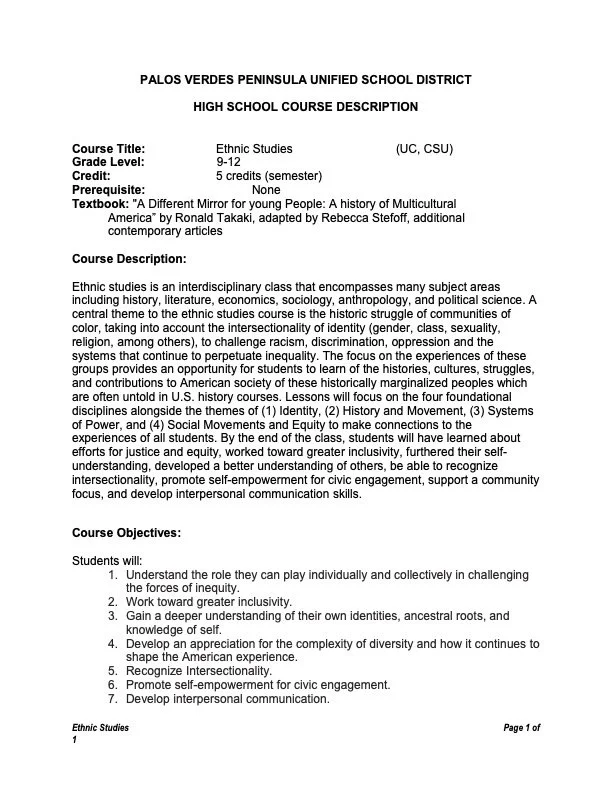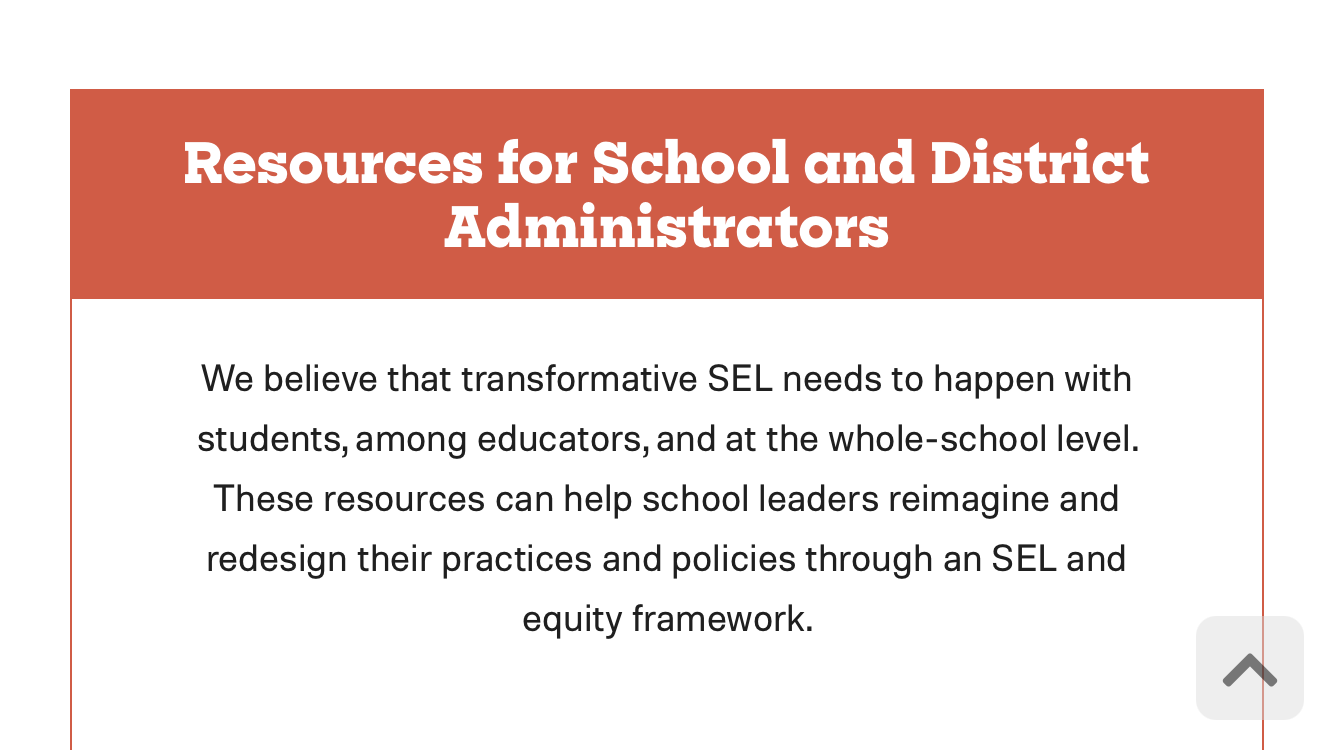The book, Too Bright to See by Kyle Lukoff, is a fictional novel that is meant for Literature enrichment to encourage inclusivity of the transgender community in PVPUSD classrooms. This book is being read to children ages 10-11 in the 5th grade classes at Vista Grande Elementary School. Too Bright to See is about a ghost helping a young 11-13 year old girl named Bug to change her gender while she is going through puberty. Her favorite Uncle and only male figure in her life, Uncle Roderick, is a gay man and a drag queen who passes away at the story's beginning. Uncle Roderick, however returns to haunt the house as a ghost to guide his niece to make a life-altering decision. He leads Bug to a box of papers emblazoned with the big letters PFLAG, which is a support group for Lesbians, Gays, Bisexuals, Transgenders, and Queer Youth. After finding this, Bug concludes that she is a transgender boy and credits Uncle Roderick's ghost in making her decision.
What are the academic standards that teachers must adhere to when dealing with controversial topics such as gender transition of Children?
According to some teachers, with strong support by the Palos Verdes Faculty Union (PVFA), Too Bright to See is on the California Department of Education recommended reading list for 3rd-5th graders, and therefore the teacher in question was well within her rights to choose a book from this recommended reading list. However, the CA Department of Education makes it clear that local districts have the ultimate responsibility of choosing the literature, not an individual teacher.
Too Bright to See meets reading level standards for 5th grade students. It has received the Newbery honor and the Stonewall book award. It is a fictional read. Are these the basic standards of measurement? Or are there other distinguished fictional books that the district can choose from that deviates from controversial sexual and gender topics that parents would prefer to discuss in the privacy of their own homes to their own children when they are mature enough to handle those topics?
While principals, and the teachers who read the book, cite the CA FAIR ACT (SB 48) as their right to read Too Bright to See , the FAIR ACT applies to the content area of history/social science to include contributions from gay, lesbian, bisexual, and transgender persons in California and US history:
SB 48’s changes to the California Education code took effect in January 2012, instructing public schools and the State Board to:
1. Add instruction in history-social science about the role and contribution of persons with disabilities; lesbian, gay, bisexual, and transgender Americans; and other ethnic and cultural groups to the economic, political, and social development of California and the United States, with a particular emphasis on portraying the role of these groups in contemporary society,
A fictional novel does not apply to the CA FAIR ACT.
In addition the Palos Verdes Faculty Union claims that the book is acceptable to teach because of the CA Healthy Youth Act. The CA Healthy Youth Act is a bill that requires school districts to ensure that all pupils in grades seven to twelve, inclusive, receive comprehensive sexual health education and HIV prevention education. Tim Coleman, the president of the Teacher’s Union PVFA, believes that Question #12 found in an article titled "Frequently asked Questions (FAQ) and Answers Regarding Comprehensive Sexual Health Education, HIV/AIDS and STD instruction” allows any teacher in any subject to discuss LGBTQ topics. The answer to question #12 states:
“All instruction and materials in grades K-12 must be inclusive of LGBTQ students. Instruction shall affirmatively recognize that people have different sexual orientations and, when discussing or providing examples of relationships and couples, must be inclusive of same-sex relationships. It must also teach students about gender, gender expression, gender identity, and explore the harm of negative gender stereotypes. This means that schools must teach about all sexual orientations and what being LGBTQ means.”
This statement does not mean that teachers can discuss any topic related to LGBTQ at any time.
Mr. Coleman, who is also currently an English teacher, understands that subject matters are governed by content standards. Teachers are obligated to the content standards in their specified area. These topics are subject matter specific.
It is also worth noting that there is major difference between instruction and materials that the District adopts for K-12 students to be inclusive, verses the position PVFA shares that teachers in any subject can discuss topics regarding LGBTQ worldviews at any time. PVFA is confusing the two distinctions when interpreting the law in this manner.
The teachers who taught the book to the 5th grade classes were interviewed by the Palos Verdes High School 205 News. The teachers are cited saying they “decided to take the risk”:
Is it the teacher’s job to introduce the idea of gender transition to elementary children?
Too Bright To See is Kyle Lukoff’s story that promotes and endorses children to change their gender whether or not they are too young and immature to understand the consequences of Body Image Dysmorphia that could lead to irreversible plastic surgery, hormone replacement therapy, sterility, and even death by suicide.
The author also gives advice to the young readers in the Author’s Note on how to recommend the book to others. Kyle Lukoff explains how to lie about the topics in his book is about:
"If you've just finished this book, and want to tell your friend to read it...here's what I do: When people ask what my book is about, I say, 'It's about a kid being haunted by the ghost of the uncle into figuring out something important.'"
Reading and using novels such as Too Bright To See to teach children in the guise of inclusivity is an abuse of parent-teacher trust, valuable educational time, and academic integrity.
does this kind of instructional material contribute to PVPUSD’s academic excellence and their COMMITMENTS to Parents?
PVPUSD states in its Board Policy Vision:
“The Board's first goal must be to provide each student with the basic skills necessary to participate and function effectively in society. In addition, the Board is committed to the goal of achieving academic excellence through a program of instruction which offers each child an opportunity to develop to the maximum of his/her individual capabilities.”
A teachers role is complex, but the professionalism of teachers is grounded in the mutually accepted goal between families and the district that each student is being education with the core subjects that provide them the basic and necessary skills to participate and function effectively in society.



